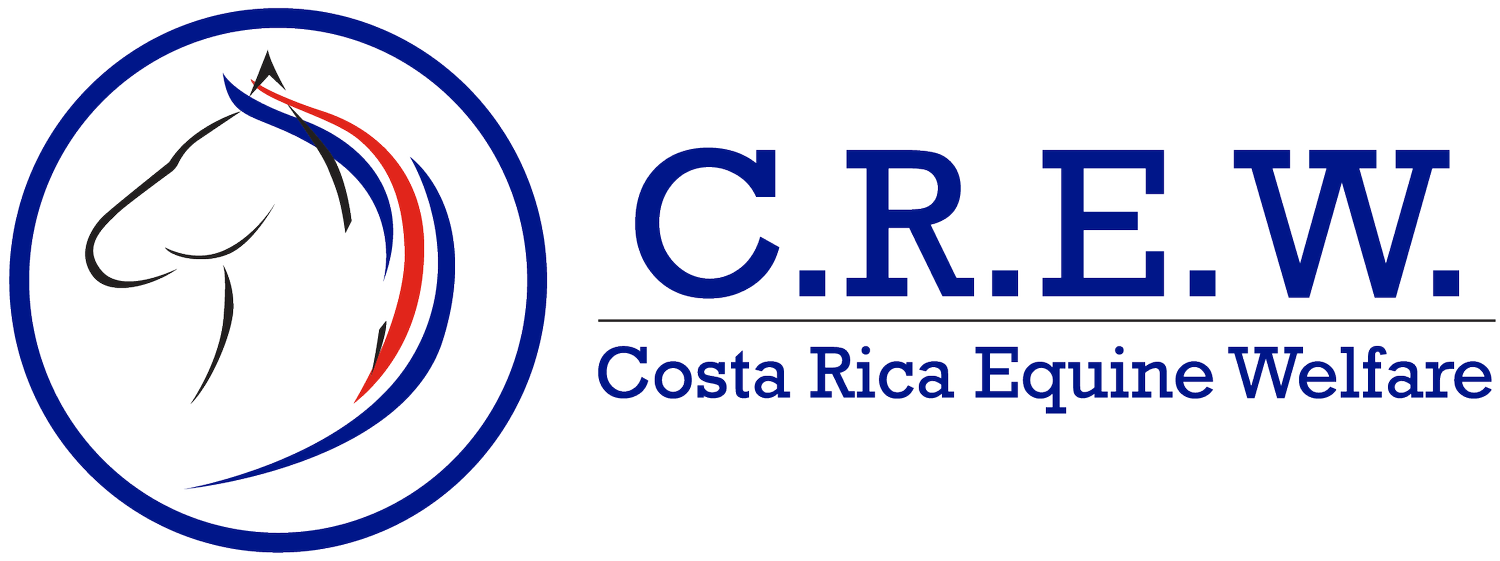SUSTAINABLE DEVELOPMENT GOALS
Costa Rica Equine Welfare works in several areas and programs, in which Sustainable Development Goals (SDGs) are deeply related to providing solutions and benefits to vulnerable and working communities and their working equids. The 17 SDGs are based on the United Nations’ Millenium Development Goals since 2015, focused on economic growth, social inclusion and environmental protection.
In Africa, Asia and South/Central America, many vulnerable groups in society rely on working horses, ponies, donkeys and mules, mostly in rural areas for farming and transportation. SDGs require interventions to empower owners and equid welfare, education programs and health management, promoting gender equality in these communities and many other measures to boost economic capacity, tackle inequalities, eliminate poverty, mitigate climate change, etc. In Costa Rica, CREW is supporting Sustainable Development Goals acknowledging that the role working animals is linked to progress, and increasing awareness of their health is essential to enhance the communities’ welfare too.
STRENGTHENING LIVELIHOODS
SDG 1 No Poverty / SDG 8 Decent work and Economic Growth
Animal welfare supports resilient livehoods. Several studies in the last decade spread, by equid welfare organizations, show that in countries around the world the income of rural households have a significant reliance on working equids, ranking them as their most important livestock, and depend on them for their earnings and employment in different industries, such as agriculture, construction, transportation and more.
SUSTAINABLE DEVELOPMENT GOAL 3: Good Health and Well-Being
Healthy working animals are a benefit to the community, whether they are the source of income to afford medical treatments or the main transport for sick, elderly or pregnant to health services. By increasing veterinary standards and regular check ups for animal welfare, disease transmission is reduced and wellbeing is improved for humans and animals.
BUILDING RESILIENCE AND PRODUCTIVE FARMING
SDG 2 Zero Hunger / SDG 8 Decent work and Economic Growth / SDG 13 Climate Change Action
Working equids can contribute to generate an extra income as an alternative to agricultural vehicles in areas or productive activities where these may be impractical. Farmers around the world depend on working animals to distribute their goods in local markets and to reach inaccessible areas. Beyond supporting livelihoods, these working animals also help communities in their effort to minimize climate change too, as a natural energy workforce. Promoting resource efficiency benefits sustainable production and more responsible practices for farming.
ENABLING EDUCATION
SDG 4 Quality Education
In many remote communities, working animals are the main mode of transport. Children travel to school thanks to them, learning also how to take care of these animals. Humane Education Programs promote animal welfare, environmental protection and social justice, to students of all ages. Improvement in Education can empower owners, benefit production with newly acquired skills and knowledge, and give more opportunities to grow.
WORKING TOGETHER FOR THE WELFARE OF PEOPLE AND WORKING ANIMALS
SDG 17 Partnerships for the Goals
“To improve the lives of people, it is essential to improve the lives of working animals; they boost the income and resilience of many of the most vulnerable communities”. (ICWE) To make a sustainable change, collaborative interventions are important; to maintain productive growth many actions towards human and animal wellbeing are developed in joint forces. Academic research, professional health care, education and training programs rely on partnerships to improve animal welfare.
We thank the organizations working together at local and international programs to achieve SDGs, and support CREW’s efforts to continuously improve the life or working equids.







